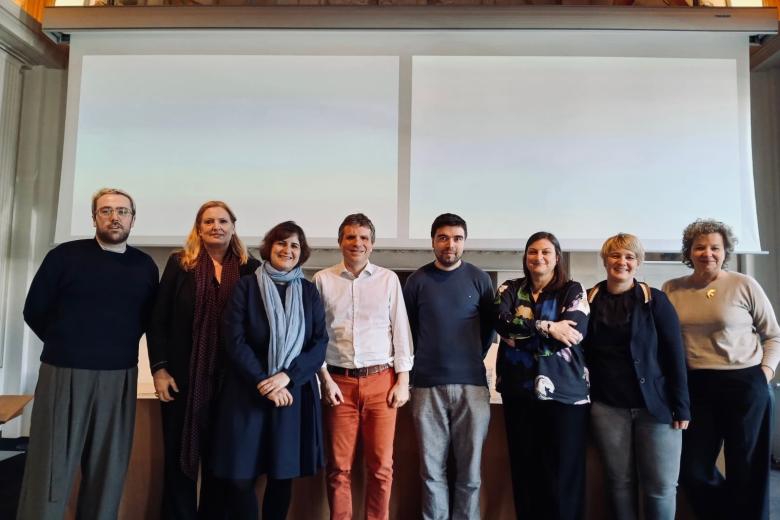Artificial intelligence, criminal liability, new technologies and law
Supervisors: Prof. dr. A.H. Klip, Prof. dr. M. Papa
Keywords: Artificial intelligence, criminal liability, new technologies and law
"Artificial intelligence, criminal liability, new technologies and law"
The idea of criminal behavior of artificial intelligence (AI) systems is nothing new. In fact, science fiction has been dealing for decades with evil robots rebelling against humans and taking control, or with machines that go crazy and act unpredictably. Yet, it is not just a matter of science fiction anymore. The most recent evolution in AI technology has led to the development of systems capable of unsupervised, unforeseen, and autonomous actions. Algorithms, through machine learning techniques, can learn from their past actions and teach themselves new patterns of behavior. Such methods, then, possibly allow for algorithmic misbehavior without any human intervention. But if “something goes wrong” with an AI system, should criminal law be involved? If yes, how? AI systems today represent a sort of “stress test” for traditional human-based criminal liability frameworks. It is in this perspective that the question of ascribing criminal liability to AI systems – “AIs going bad” – takes on new relevance. The dissertation explores the issue of criminal responsibility of AI systems by focusing on whether such legal framework would be needed and feasible. AI systems have the capacity to act in a way that generally can be considered as “criminal” by society. Yet, it can be argued that they lack (criminal) agency – and the feeling of it. In the future, however, humans could develop expectations of norm-conforming behavior from machines. Criminal law might not be the right answer for AI-related harm, even though holding AI systems directly liable could be useful – to a certain extent. The occurrence of AI is not the first time that criminal law theory has had to deal with new scientific developments. Nevertheless, the debate on criminal liability of AI systems is somewhat different: it is deeply introspective. In other words, discussing the liability of new artificial agents brings about pioneering perspectives on the liability of human agents. As such, the thesis poses questions that find their answers in one’s own beliefs on what is human and what is not, and, ultimately, on what is right and what is wrong.
Also read
-
Globalisation & Law Network seminar with Damian Chalmers
On 4 November 2025, the Globalisation & Law Network had the honour of welcoming Prof. Damian Chalmers to discuss his paper “The EU’s Governing by Legal Shadows”.

-
Ambassador Ammar Hijazi on Palestine and International Law
Ambassador Lecture Series with Ammar Hijazi, Head of the Palestinian Mission to the Kingdom of the Netherlands.

-
The Right to Public Participation in Environmental Decision-Making: The Case of Air Quality Matters in the EU and the Member States.
PhD thesis by Justine Richelle
